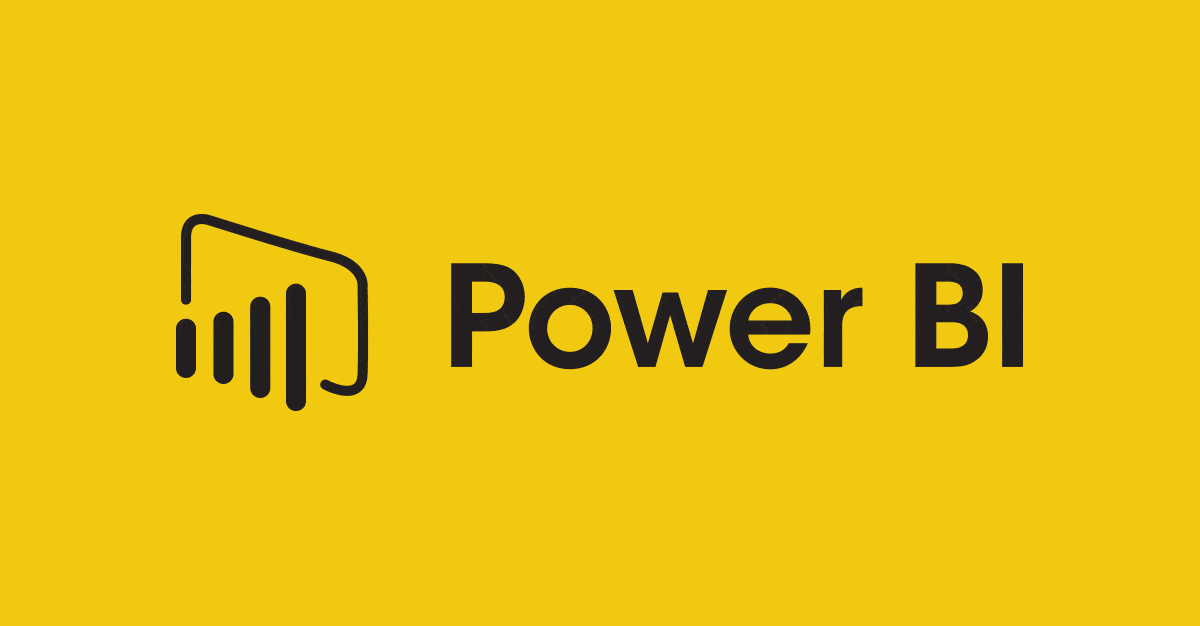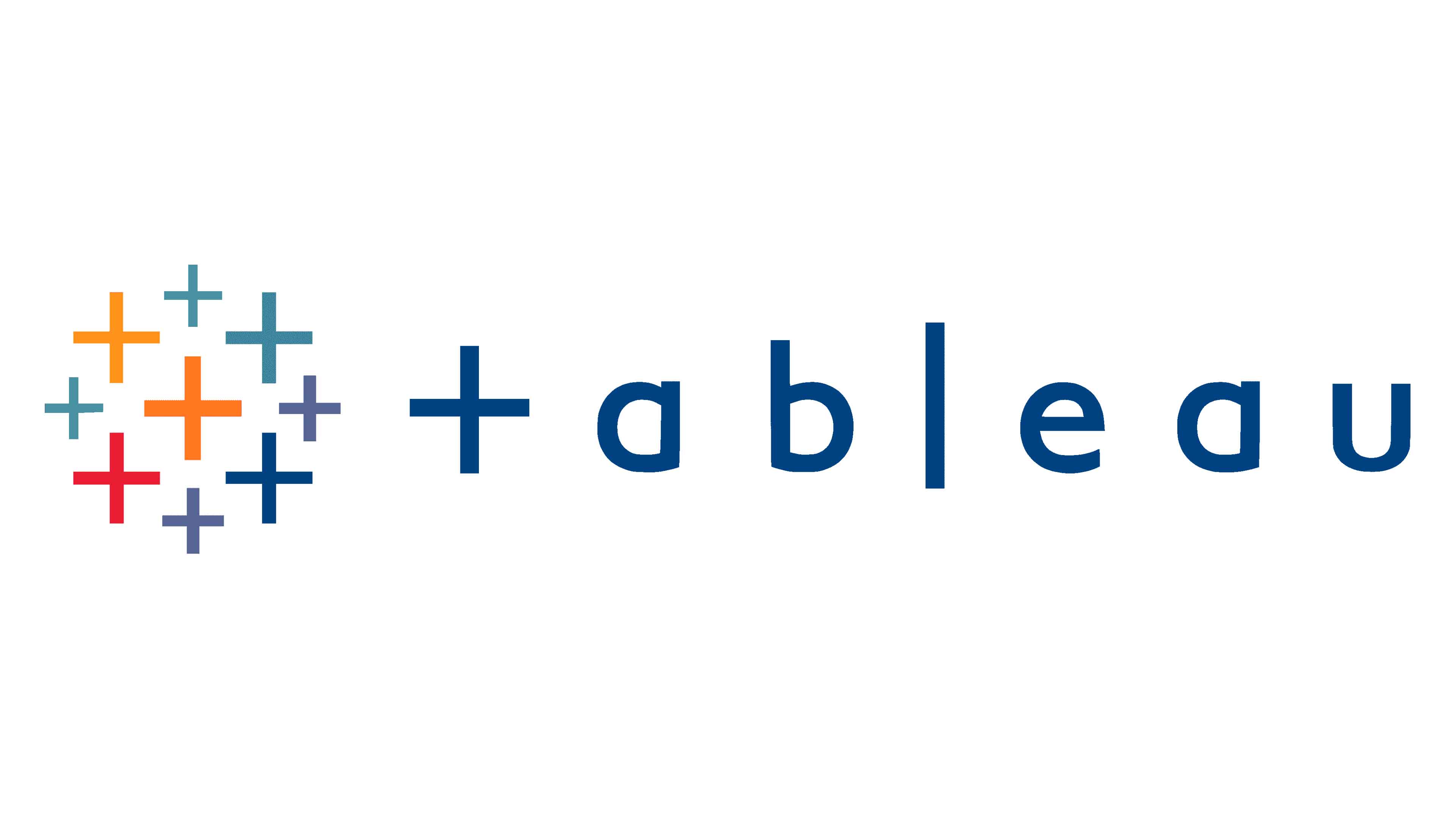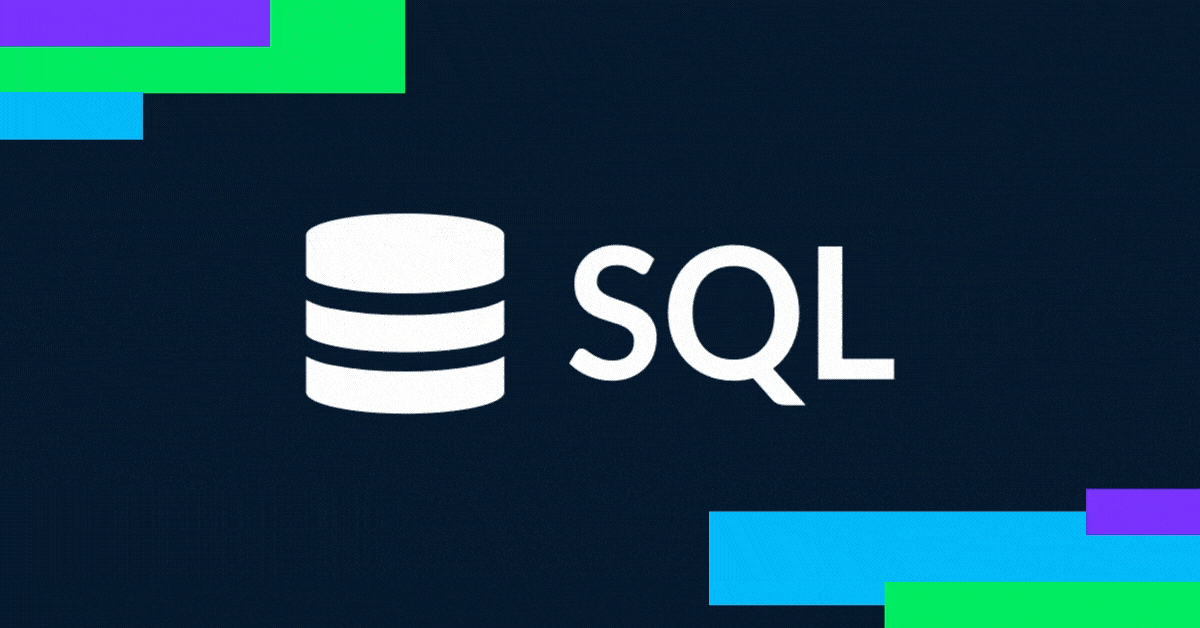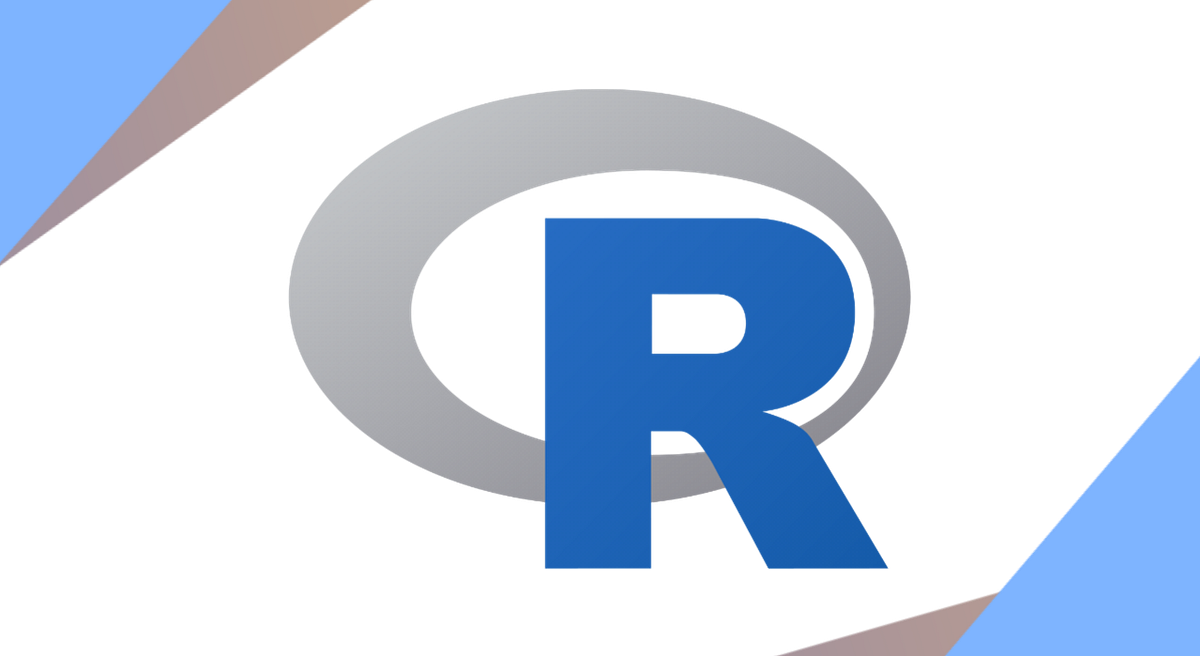*****
I’m currently building my personal portfolio website using HTML, with ongoing updates and improvements each day. The site is designed to showcase my projects, skills, and experiences in data analytics, IT, and web development. It serves as a central hub where visitors can learn more about me, view my resume, explore my work, and get in touch. While still a work in progress, I’m focusing on clean design, responsive layout, and easy navigation to create a professional and user-friendly experience. As I continue to grow my skills, I’m integrating more advanced features like interactive charts and project demos. This evolving project reflects my commitment to continuous learning and serves as a live canvas for applying what I’ve learned in real time.


I used Power BI to transform raw datasets into interactive dashboards and visual reports. These projects focus on uncovering insights through data modeling, DAX measures, and dynamic visuals—helping stakeholders make informed, data-driven decisions with ease.

I created interactive dashboards on Tableau Public to visualize trends in real-world datasets. Each project highlights my skills in data storytelling, filtering, and design. From financial insights to health data, my visualizations make complex information clear and engaging for any audience.

I built projects in Python that focused on automation, web scraping, and data processing. I created scripts to extract real-world data and transform it into structured formats for analysis. These projects strengthened my ability to work with libraries such as requests, BeautifulSoup, and Pandas. They demonstrated how Python can streamline workflows and support data-driven decision-making.

I developed SQL projects that involved cleaning, transforming, and analyzing large datasets. I wrote complex queries using joins, subqueries, and aggregations to uncover patterns and insights. These projects helped me practice working with relational databases and preparing data for reporting. They showed how SQL can serve as the foundation for structured analysis and business intelligence.

I developed Excel projects that focused on cleaning, transforming, and analyzing large datasets using advanced Excel functions. I built dynamic dashboards, pivot tables, and charts to visualize key insights. These projects involved applying formulas such as VLOOKUP, INDEX-MATCH, and IF statements, as well as using conditional formatting to highlight trends and anomalies. I also worked with data validation and macros to automate repetitive tasks. Through these projects, I strengthened my ability to turn raw data into meaningful reports that support decision-making and business intelligence.

I have worked on R projects that applied statistical analysis and visualizations to explore workforce and industry data. I analyzed trends such as layoffs by company, country, and funding stage using averages and rolling totals. These projects strengthened my skills with R’s data analysis libraries. I am currently continuing to work on R projects to further develop my expertise.






